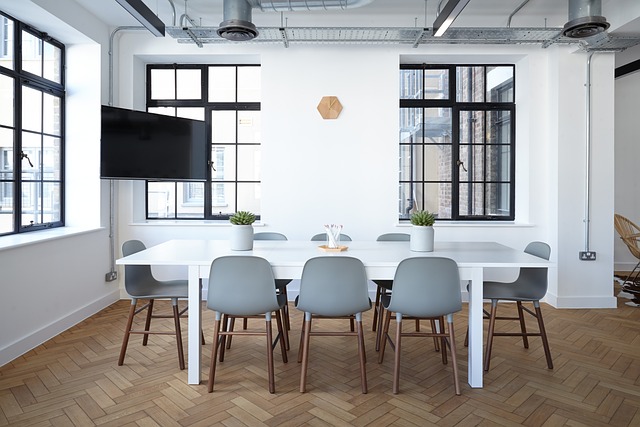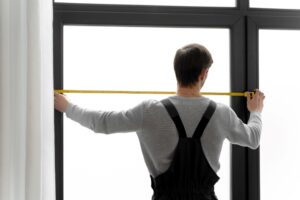Choosing the right material for your windows is an important decision, as it can greatly impact the performance, energy efficiency, and overall aesthetics of your home. While there are many materials available on the market, UPVC (unplasticized polyvinyl chloride) windows have become increasingly popular due to their durability, low-maintenance, and energy efficiency. In this article, we’ll compare UPVC windows to other popular window materials and determine which one reigns supreme.
UPVC Windows
UPVC windows are made from a durable and low-maintenance material that is resistant to weathering, fading, and discoloration. They are energy efficient, thanks to their insulating properties, which help to keep your home cool in the summer and warm in the winter. UPVC windows are also available in a variety of styles and finishes, making them a versatile choice for any home.
Additionally, UPVC windows are very easy to maintain. Unlike wood windows, which require regular painting or staining to prevent rot, UPVC windows can simply be cleaned with soap and water. This makes them a more cost-effective and practical choice for homeowners who don’t have the time or resources to devote to ongoing maintenance.
Pros:
- Energy efficient
- Durable and low-maintenance
- Resistant to weathering, fading, and discoloration
- Versatile
Cons:
- Limited color options
- Less aesthetically pleasing than other materials
- Not suitable for high-heat environments
Wood Windows
Wood windows have been a popular choice for centuries, thanks to their natural beauty and timeless elegance. They are also a good insulator, helping to keep your home comfortable and energy-efficient. Wood windows are available in a variety of styles and finishes, making them a versatile choice for any home.
Pros:
- Aesthetically pleasing
- Good insulator
- Can be customized to fit any style
Cons:
- High-maintenance
- Susceptible to rot, warping, and insect damage
- Expensive compared to other materials
Aluminum Windows
Aluminum windows are strong and durable, making them a good choice for high-traffic areas and commercial buildings. They are also resistant to weathering, rust, and corrosion, making them suitable for coastal areas. However, they are not as energy efficient as other materials, and they tend to conduct heat, making them unsuitable for areas with extreme temperatures.
Pros:
- Strong and durable
- Resistant to weathering, rust, and corrosion
- Suitable for high-traffic areas and commercial buildings
Cons:
- Not energy efficient
- Conducts heat, making it unsuitable for areas with extreme temperatures
- Limited style options
Vinyl Windows
Vinyl windows are a popular choice for homeowners looking for an affordable and low-maintenance option. They are energy efficient and available in a variety of styles and finishes, making them a versatile choice for any home.
Pros:
- Affordable
- Energy efficient
- Low-maintenance
Cons:
- Limited color options
- Less aesthetically pleasing than other materials
- Can warp or yellow over time
Conclusion:
When it comes to choosing the right window material for your home, UPVC windows are the clear winner. They offer the perfect combination of durability, energy efficiency, and low-maintenance, making them a wise investment for any homeowner. While other materials may have their benefits, UPVC windows offer the best value for money and are a great way to improve the comfort, energy efficiency, and overall aesthetics of your home.
Additionally, UPVC windows are available in a range of colors and finishes, allowing you to customize them to fit any style. They are also resistant to weathering, fading, and discoloration, meaning that they will retain their appearance for many years to come. Unlike wood windows, UPVC windows do not require regular maintenance such as painting or staining, making them a more practical and cost-effective choice in the long run.




